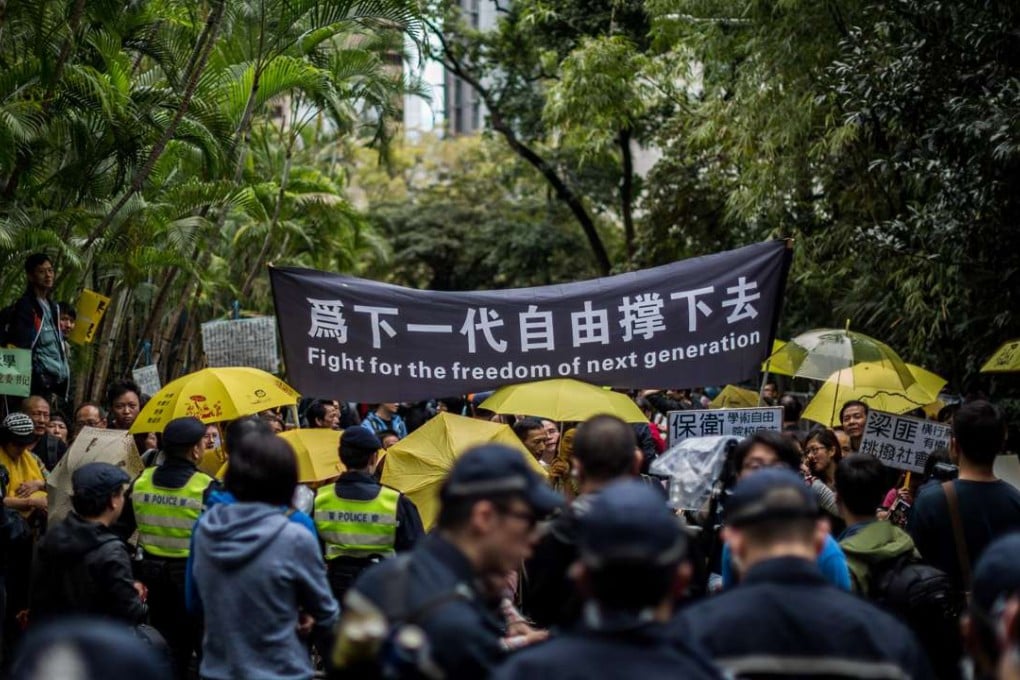Many Hong Kong students pessimistic about future, even though they are willing to make city better
Survey respondents point to issues like ineffective communication with the government, uneven distribution of resources and social instability

Six out of 10 youngsters think Hong Kong’s future will be worse by 2030, even though most are willing to make the city a better place, according to a survey.
The survey asked respondents whether they thought the city would be better or worse by 2030. A total of 58 per cent said it would be worse, while 32 per cent said it would be better. The rest said there would be no change.
However, 71 per cent said they were willing to make an effort to improve Hong Kong.
“I find it very, very worrying that even though a lot of people are actually willing to foster a better Hong Kong, they [believe] the city will not be better [in the future],” organisation chairman Henry Lee Cheuk-hei said.